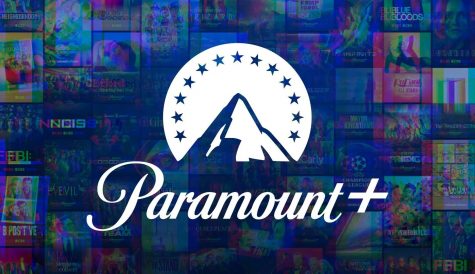
After more than 40 years of operation, DTVE is closing its doors and our website will no longer be updated daily. Thank you for all of your support.
iTunes dominates online video, says NPD
 Apple’s iTunes store accounted for a massive 67% of electronic sell-through for TV shows last year, dominating the home digital-video sector, according to market research firm NPD.
Apple’s iTunes store accounted for a massive 67% of electronic sell-through for TV shows last year, dominating the home digital-video sector, according to market research firm NPD.
According to the US stats, iTunes also accounted for 65% of online sales for feature-length movies and also took a 45% share of the online movie rental market.
In terms of video sales, Apple’s closest rivals were Microsoft’s Xbox Video service and Amazon Instant video. Xbox Video accounted for 14% of online TV show sales and 10% for movies, while Amazon was 8% for TV shows and 10% for movies.
In the rental space, Amazon Instant video was second place with 18% of the market, followed by Walmart-owned video store Vudu with 15% and then Xbox Video with 14%.
“Apple has successfully leveraged its first-mover advantage and of iTunes, iOS and the popularity of iPhone and iPad to dominate the digital sale and rental markets for movies and music,” said Russ Crupnick, senior vice president of industry analysis at NPD.
“While worthy competitors have come along, no other retailer has so thoroughly dominated its core entertainment product categories for so long,” he added.
The stats came as Apple announced its fiscal second quarter results, which saw revenue for its iTunes, software and services division climb 30% year-on-year to US$4.1 billion (€3.15 billion).
iPad sales were up 65% to 19.5 million units, iPhone sales were up 7% at 37.4 million units. However, iPod sales were down 27% at 5.6 million units and Mac sales were down 2% at 4 million. Apple did not break out stats for its Apple TV set-top boxes or make mention of the product, which it has described in the past as a “hobby,” during its earnings call.
Overall, the company posted quarterly revenue of US$43.6 billion, up from US$39.2 billion last year. However, quarterly profits dropped for the first time in 10 years at US$9.5 billion.


